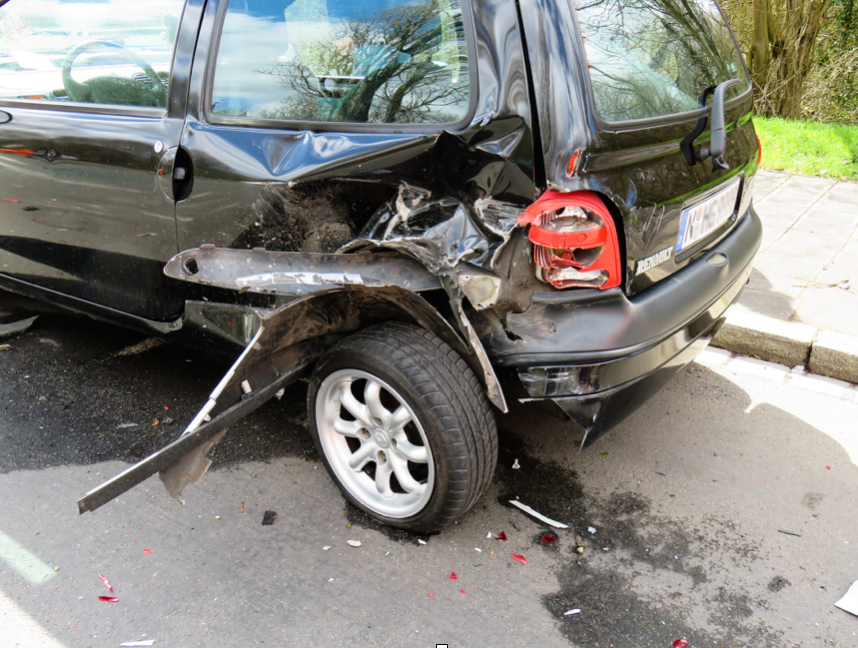Most of the time when someone has been injured, they will file a claim with the insurance company, get their compensation, and then have no further contact with you.
Getting into a car accident is one of the scariest moments in a person’s life. But, when you have caused the accident, there is the additional fear of facing additional repercussions.
Statute of Limitations
Every state sets the time limits for how long you have a right to file a suit. In Missouri, the statute of limitations to file a civil suit after a car accident is five years. This applies to drivers, passengers, motorcyclists, bicyclists, and pedestrians. However, for wrongful death claims the limit is three years from the date of the person’s death, not necessarily when the accident occurred.
Note, however, that this is not related to car insurance claims. The insurance company is going to have tighter deadlines, and you have about ten days from the date of the accident to file a claim.
If the other driver decides not to sue you right away, they can try to sue you later.
“Fault” Accident State
Each state determines for itself whether it will be an at-fault or a no-fault state when it comes to determining who caused the accident, and therefore which person’s insurance will be responsible for covering the damages. The police will determine at the scene of the accident whether or not you are at fault. Once they make that determination, it will be up to your insurance company to pay out.
Consequences of DUIs
If the reason for the car accident was that you were driving under the influence of alcohol or drugs, then the consequences can be serious. In Missouri, a DUI is a Class B
misdemeanor, and the consequences are determined by these factors:
- How many prior DUIs you have received
- How much damage was done to the property
- How much bodily harm was done; and
- Whether or not anyone was killed in the accident.
Regardless of which state you received previous DUIs in, any DUI convictions accrued within ten years of the current accident will be considered when determining your consequences, which include license suspension, jail time, fees, having an ignition interlock device installed in your car, and attending a required number of hours in an alcohol and drug program.

Injuries
The injured party may suffer from various injuries to the head, neck, joints, and internal organs. Your insurance company will pay them compensation for their injuries, and unless they decide to sue you, they will deal directly with them. Note that your rates may increase, which is up to your insurer.
Uninsured Motorist
If you do not have insurance, then the injured party will sue you directly. This is why it is important to have at least the minimum coverage when on the road.
Hiring An Attorney
If you have injured another person, the consequences you can face will be determined by how injured they are. Most of the time when someone has been injured, they will file a claim with the insurance company, get their compensation, and then have no further contact with you. However, if the victim feels that you have injured them severely enough or have aggravated a prior injury, then they file a suit in civil court. This is a situation where you definitely need an attorney to represent you, present the facts before the court, and fight to minimize the amount of consequences you receive. The legal consultations at Abercrombie, P.A. will provide you with the answers and guidance you need to face the victim in court.


Join the conversation!